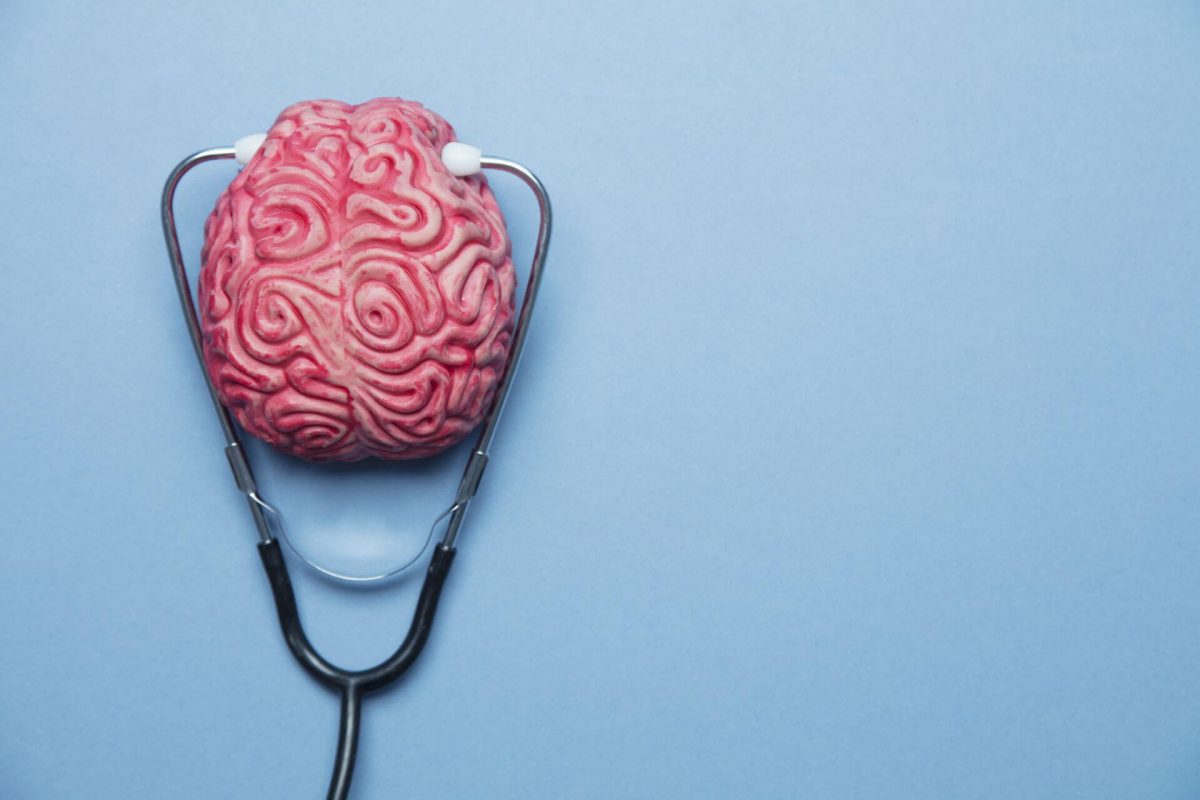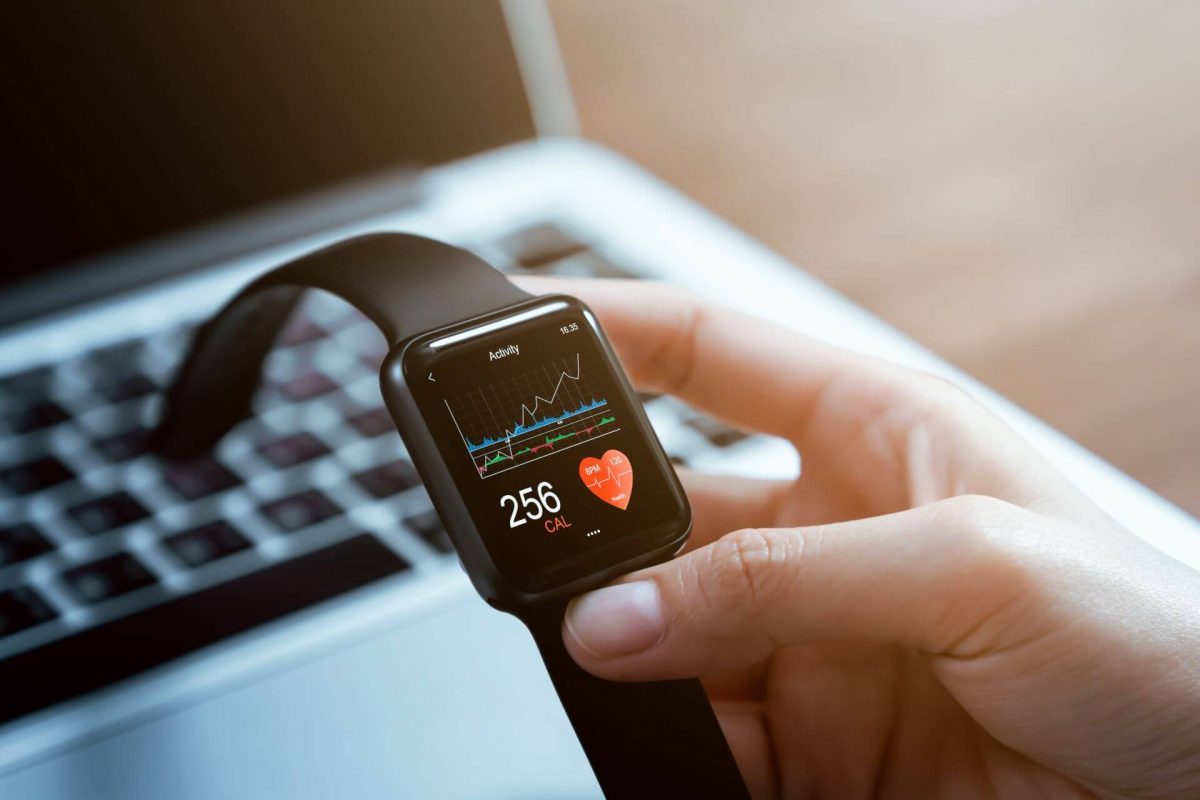There are many pioneering mental health treatments in today’s current climate, and mental health services have widened the gap on the type of mental health care they offer to clients.
It should come as no surprise that technology has improved mental health treatment substantially in the past few years, with many mental health services turning to artificial intelligence to offer the best mental health care for patients.
Future of mental health
In the past, mental illness was such a taboo subject and one that was hardly ever discussed.
People experiencing mental health challenges usually suffered alone or had to keep their mental health conditions to themselves, which only made mental illness more challenging to treat.
Fortunately, with social media and celebrities sharing stories about their mental health challenges, things are changing for the better.
Behavioral health
Luckily people in the public eye have a profound influence on discussions about mental health.
Celebrity culture
Members of the royal family, for example, have spoken openly about their mental health challenges with depression, anxiety, and mental illness.
Moreover, celebrities like Britney Spears and Demi Lovato have shared their stories about eating disorders and Bipolar disorders.
Society has become enlightened on the subject of mental illness and luckily technology has followed suit by becoming more involved with maintaining and providing solutions for mental health.
Mental health disorders

Mental health disorders such as depression, anxiety, and post-traumatic stress disorder are part of the artificial intelligence movement regarding improving mental health outcomes technologically.
Mental health providers
Mental health providers understand the advantages of mental health technologies and how specific apps can help improve mental ill-health.
Improve mental health
Technology is at the frontier of data collection and mental health support.
For example, mobile technology such as smartphones, cell phones, and tablets allows the public, researchers, and doctors new ways of getting help, increasing mental health awareness, and monitoring progress.
Quicker access to mental healthcare
Patients suffering from mental health issues can access practical and straightforward support more quickly than before.
Those who can send text messages, for instance, can contact a crisis centre when struggling with mental illnesses.
Technology has become increasingly sophisticated, particularly when it comes to mental illnesses. For instance, technologies get packaged into specific apps that are compatible with tablets and smartphones making them suitable for most users.
Collect data
One of the most sophisticated elements of such apps is centred around data collection.
For example, the device’s built-in sensors collect specific data about a user and their typical behavioural patterns.
Emerging technologies are so advanced that specific apps can detect behaviour changes in a person that signal help and support is needed before a crisis period.
Digital health
Many apps are independent programs that aim to improve thinking skills or memory function.
On the other hand, many others connect users to counsellors or mental health professionals.
App development
There is a lot of buzz and excitement around app development, with thousands of apps available in android app stores and iTunes.
However, there is also a lot of concern and uncertainty around mental health apps and big data.
One of the main reasons for such uncertainty is the lack of research on app effectiveness and industry regulation on mental health, leading to mistrust for many app users.
Advantages
There are many advantages to going digital when it comes to illness management.
All this is especially true for those who avoided mental health care for fear of getting judged and experiencing the shame that goes with it.
For example, people with substance abuse issues may have felt ashamed about their addiction problem and, as a consequence, never received treatment.
Moreover, those with anxiety disorders may have felt embarrassed or afraid to seek treatment for their mental well-being.
Digital technologies
Essentially, mobile technology and digital tools allow people with mental illnesses an element of anonymity that they may not have had access to in previous years.
Through online tools such as a smartphone app, patients suffering can understand their symptoms more and learn better-coping skills to help them deal with their mental ill-health.
Disadvantages
Many would argue that there are disadvantages to using mental health apps.
Traditional methods of diagnosing and treating mental health disorders must not get replaced by mobile technology.
Of course, there are benefits to self-management. Still, digital tools should be no substitute for getting the proper treatment and support from a mental health professional and speaking to a human being.
Care delivery
Research suggests that young people (and people of all age groups) seeking help for psychiatric disorders must use caution when using mental health apps as a stand-alone treatment.
Virtual reality must never replace visiting a mental health professional for help with a mental health disorder or a physical health problem.
Pros and cons of mental health apps for mental health
Researchers have reported numerous pluses and downsides when using mental health apps and digital therapies.
Pros
- Anonymity – People can seek help and support without getting another person involved.
- Less expensive – Most mental health apps are free or cost significantly less than a mental health professional.
- Has a broader audience – Technology tools allow mental health professionals to reach people in remote areas or crises, such as natural disasters or terror attacks.
- Consistency – Most apps offer the same help and support to all users.
- Around-the-clock service – Unlike traditional therapy, technology provides around-the-clock care, monitoring, and intervention if needed.
- Data collection – Technology quantitatively collects data such as movement, location, the amount of time spent on the phone, and other relevant information.
Cons
- Vague reach – A considerable concern is the audience’s reach. Do apps work for everyone and all mental health disorders?
- Regulation concerns – Another worry is who regulates mental health technology and the data it generates.
- Effectiveness – Perhaps the biggest concern is the effectiveness of technology in treating mental illness. There is also the worry of obtaining scientific evidence that mental health apps work compared to traditional methods.
- Lack of guidance – Currently, there is no factual data to help users know if an app or other online tool is proven effective.
- Confidentiality – Apps use personal data and information from users, and app creators need to ensure privacy for app consumers.
Popular trends in app development
Plenty of creative research has gone into app development to help teams address various mental health issues. The more common app development areas include:
- Illness management – This app technology allows the user to communicate with peer support or send information to a mental health professional who can provide feedback and support around treatment options.
- Apps that improve memory skills and function – These apps are invaluable to users and offer cognitive support regarding improved thinking skills. Note: These apps get targeted toward those with severe mental disorders.
- Symptom tracking – These advanced technology apps collect data using sensors built into a smartphone. These digital tools and sensors record social interactions, sleep patterns, language patterns, and movement at different times of the day. In the future, these apps may be able to analyze information and data to determine a consumer’s state of mind in real-time.
Mental health care Apps

There are thousands of mental health and wellness apps designed for different moods. However, such apps tend to focus on three key areas: stress, mood, and anxiety.
Apps can get used anywhere and connect to a mobile device instead of a desktop computer. This fluidity makes them exceptionally useful, mainly for the younger generation, who are more likely to suffer from anxiety and stress.
Popular apps
Some of the most popular apps in the mental health space are:
- Headspace
- Pacifica
- Calm
- Talkspace
- Moodnotes
Social services
The future of mental health and behavioural health is becoming increasingly fast-paced. Those who avoided mental health care in the past can now access support and treatment through digital health.
People are more likely to acknowledge substance abuse issues and seek mental health treatment while reducing consumer spending.
Low-income countries may get more drawn to using mental health apps than high-income countries.
Mental health treatment

Although many will testify to the usefulness of mental health apps, researchers warn against using such apps as a substitute for mental healthcare.
Patients suffering from mental ill-health must always contact a mental health professional in any instance.
While there are many advantages to self-management and virtual reality, people with post-traumatic stress disorder, addiction, or other mental health conditions require assisted mental health treatment with a counsellor or therapist.
We’re here to help.
Contact us today if you’d like a confidential and free chat with one of our qualified mental health and addiction care professionals at White River Manor in South Africa.

